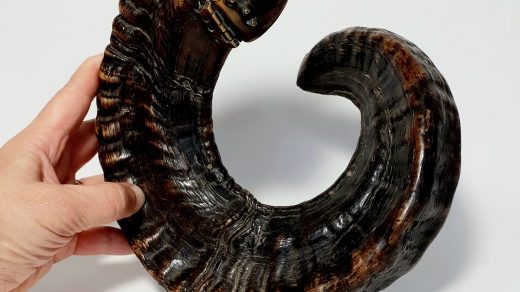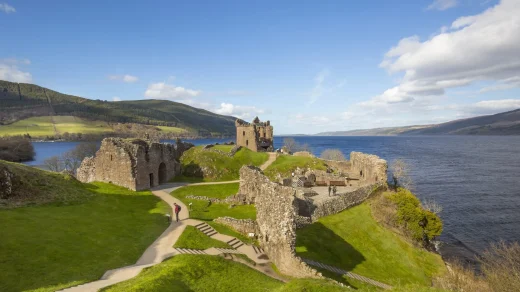William I, byname William The Lion, (born 1143—died Dec. 4, 1214, Stirling, Stirlingshire, Scot.), king of Scotland from 1165 to 1214; although he submitted to English overlordship for 15 years (1174–89) of his reign, he ultimately obtained independence for his kingdom.
William was the second son of the Scottish Henry, Earl of Northumberland, whose title he inherited in 1152. He was forced, however, to relinquish this earldom to King Henry II of England (reigned 1154–89) in 1157. Succeeding to the throne of his elder brother, King Malcolm IV, in 1165, William joined a revolt of Henry’s sons (1173) in an attempt to regain Northumberland. He was captured near Alnwick, Northumberland, in 1174 and released after agreeing to recognize the overlordship of the king of England and the supremacy of the English church over the Scottish church.
Britannica Quiz

Upon Henry’s death in 1189, William obtained release from his feudal subjection by paying a large sum of money to England’s new king, Richard I (reigned 1189–99). In addition, although William had quarreled bitterly with the papacy over a church appointment, Pope Celestine III ruled in 1192 that the Scottish church owed obedience only to Rome, not to England. During the reign of King John in England, relations between England and Scotland deteriorated over the issue of Northumberland until finally, in 1209, John forced William to renounce his claims.
In his effort to consolidate his authority throughout Scotland, William developed a small but efficient central administrative bureaucracy. He chartered many of the major burghs of modern Scotland and in 1178 founded Arbroath Abbey, which had become probably the wealthiest monastery in Scotland by the time of his death. William was succeeded by his son Alexander II.




